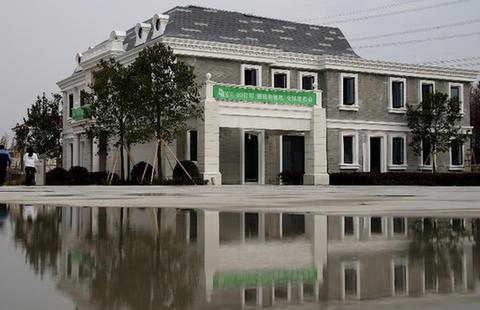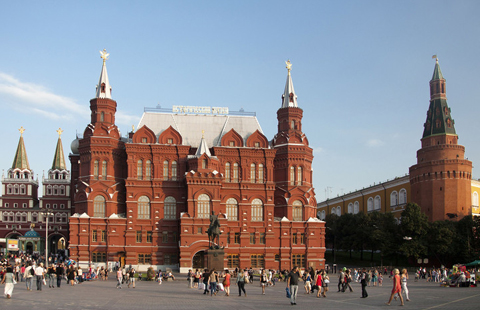A new normal Chinese economy still ballast for world
(Xinhua) Updated: 2015-01-21 10:32BEIJING - It is understandable that China's recent economic data have sent jitters through world markets.
The slowdown comes at a vulnerable time for the world economy - the eurozone is still at risk of another recession, the Abenomics has failed to drag Japan out of the mire, and investors are pulling out of emerging market funds.
Policymakers and investors were not prepared for a reality that after more than three decades on steroids, the world's second-largest economy has been transitioned to a "new normal" of slower growth.
The market, crazy about speed and figures, seems to have missed the reality that the Chinese economy is healthier under the "new normal" featuring positive trends of stable growth, an optimized structure, enhanced quality and improved social welfare.
The developments could bring even greater benefits to the world than the miraculous double-digit growth.
Chinese Premier Li Keqiang is going to expound on the Chinese economy's "new normal" at the upcoming Annual Meeting of the World Economic Forum (WEF) scheduled for Jan 21-24 in Davos.
The message will be that the Chinese economy, shifting focus to consumption from polluting heavy industry and manufacturing via complex reforms, will continue to function as a vital ballast for the world economy.
Exports of China's trade partners from Asia, Africa, Europe and America would benefit from an expanding Chinese market as Beijing tries to wean its dependence on credit-fuel investment and government spending and to move instead to a growth model powered by domestic consumption and services industries.
Besides, Beijing aims to create an open capital market by pushing ahead with a broad range of financial reforms to allow more foreign investment and encourage Chinese players to invest abroad. The more transparent and efficient allocation of the Chinese capital will have a positive effect on the global market.
However, the dividends of China's reforms are not something that could be conjured up overnight. The world must be patient to see the benefits accumulate through the process of continued reforms and opening up.
Beijing will by no means postpone its reforms despite the uncertain and sluggish world growth, for a manageable slowdown is not a big danger, but a lack of reforms could be fatal for the long-term development.
It is advisable that other economies, especially those developed ones, despite catching on the general picture of China's economic and political reality, put their own economic house in order through necessary financial and structural reforms, instead of finding a scapegoat and gloom-mongering over China's economic future.
- China's first Internet bank opens amid cloudy regulations
- Alibaba, Tencent in race to be China's one-stop online shop
- IMF lowers global growth forecasts with marked divergence
- Camellia oil makes a comeback in Hunan
- Kyrgyztan plans on railway project with China
- Nobel Prize-winning economist believes in future of China
- China, Switzerland to sign financial deal on offshore RMB market in Zurich
- New foreign investment law offers level-playing field

















